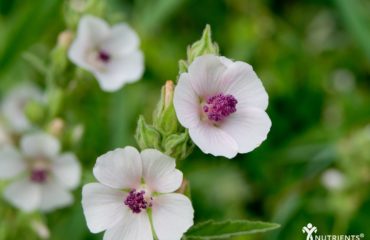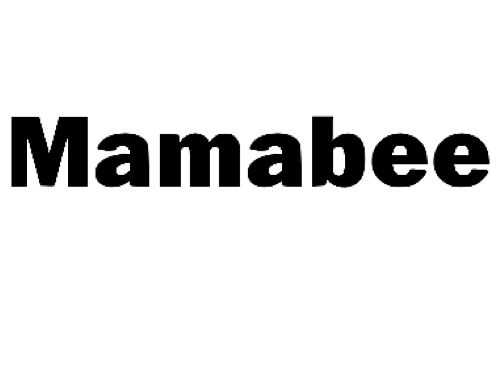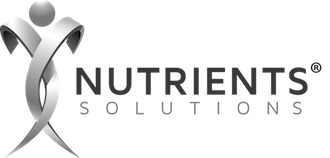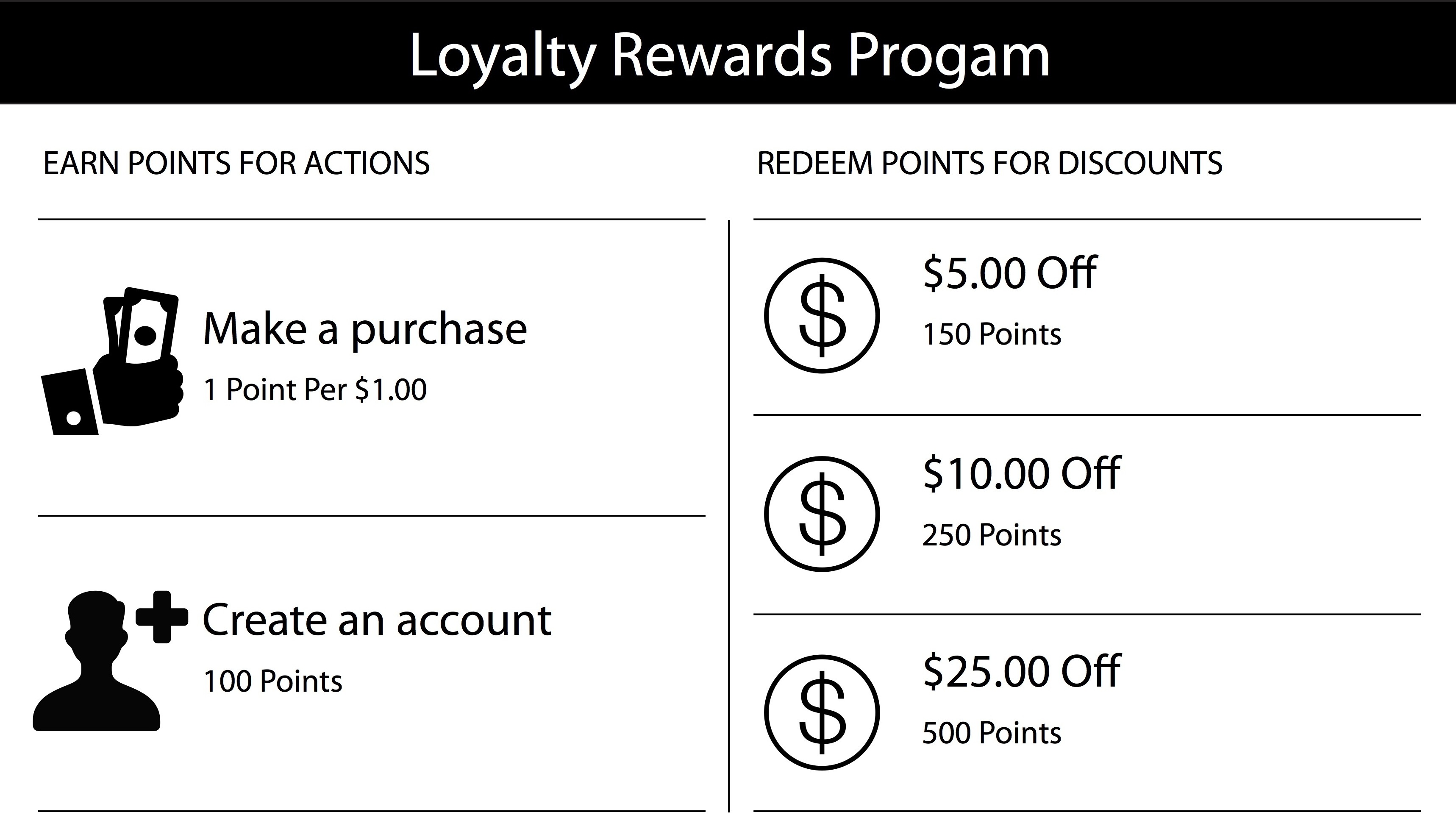Wellness Demystified: We Can Help You Discover Optimum Health
8 Health Benefits of Quercetin that Prove Food is Medicine

You’ve probably heard that colorful plant foods have powerful health-boosting effects. Quercetin is a flavonoid, which means it’s a pigment that gives many fruits and vegetables their bright colors. It’s also a significant source of the incredible health benefits provided by tomatoes, berries, leafy greens, broccoli, green tea, onions, apples, grapes, cherries, plums, carrots and other foods that contain quercetin. It acts as an antioxidant, protecting the body from free radical damage-a contributing factor to aging and several diseases. Quercetin also helps fight viruses, inflammation, allergies and asthma.
1. Helps Protect Your Brain from Neurodegenerative Diseases and May Even Help Treat Them
In a 2009 study published in the Journal of Nutritional Biochemistry, researchers used Petri dishes to look at the effects of quercetin on brain tissue that contained amyloid beta peptides. These peptides are found in the brains of Alzheimer’s patients and cause a production of free radicals, which are unstable molecules that wreak havoc on brain function. The researchers found that quercetin neutralized free radicals within the brain tissue and concluded quercetin is a promising approach for the treatment of Alzheimer’s and other neurodegenerative diseases.
2. Helps Slows Aging by Reducing Oxidative Stress
Oxidative stress, or free radical damage, is a natural result of aging, and is increased by factors like chronic stress, a poor diet, sleep deprivation and exposure to toxic chemicals. Antioxidants such as quercetin help reverse oxidative stress by stabilizing free radicals and thereby stopping the damage they cause to cells throughout the body. By protecting the structural components of your skin from free radical damage, quercetin helps slow in the observable progression of aging. One study that confirmed quercetin’s ability to inhibit oxidative injury in skin cells also found that its anti-aging abilities were amplified when combined with vitamin C.
3. Helps Lower High Blood Pressure, High Cholesterol and Heart Disease Risk
Quercetin helps protect your heart by lowering heart disease risk factors such as high cholesterol, triglycerides, blood pressure and glucose levels, and by preventing abnormal blood clotting. A 2012 report in Advances in Nutrition noted that several studies have shown quercetin to help reduce blood pressure in hypertensive animals and humans.
In a study on smokers with elevated risk factors for heart disease, researchers administered quercetin extracted from onion peels every day for ten weeks. By the end of the study, the smokers experienced reduced levels of LDL (“bad”) cholesterol and triglycerides, healthier blood pressure and lower blood-glucose levels, compared to a placebo group. Quercetin also helps inhibit platelet aggregation, which causes abnormal blood clotting in the arteries and can lead to heart attack or stroke.
4. Helps boost Immunity and Fights Viruses
Quercetin lends your immune system a hand in fighting illnesses, from common cold viruses to bacterial infections. In a 2014 study published in the Journal of Infectious Diseases & Preventive Medicine, researchers observed that quercetin helped prevent the proliferation of a cold virus in Petri dishes, and determined it to be “a promising treatment for the common cold.” Another study found that quercetin helped reduce the occurrence of viral infections and helped improve cognitive performance in individuals who went through periods of extreme physical stress.
5. Helps with Allergies and Asthma
Test tube studies show quercetin helps prevent mast cells (a type of white blood cells) from releasing histamines, which are the chemicals that produce allergic reactions. Thanks to its antihistamine effect, you can use quercetin to naturally reduce symptoms of allergies such as a runny nose, watery eyes, hives, swelling and inflammation. Quercetin has even been used in Traditional Chinese Medicine to fight food allergies, such as peanut allergies. Medical studies have corroborated its effectiveness, even equating it to that of some prescription medications.
Quercetin can also be used to help reduce the severity of asthma attacks. In one study, quercetin was shown to dilate the bronchial tract and reduce airway hyperactivity in the case of allergic asthma.
6. Helps Prevent and Fight Cancer
Quercetin is one of the most important anticancer compounds found in food. In test tube studies it’s been shown to trigger cell death in various cancerous cells, including stomach, pancreas and breast cancer cells. It also plays a preventive role against cancer as an antioxidant, since oxidative stress causes DNA damage and other disruptive effects that can lead to cancer.
7. Helps Fight Unhealthy Weight Gain
Mounting research points to quercetin’s ability to control the accumulation of fatty tissue in the body. Fat results from the production of new fat cells and their accumulation in tissue in the form of triglycerides. Quercetin can help you manage your weight or improve weight loss efforts by inhibiting the formation of new fat cells. It works by blocking the uptake of glucose in existing fat cells so that they’re deprived of energy needed to reproduce. Quercetin also triggers apoptosis (cell death) in existing fat cells, helping you get rid of stored fat.
8. Helps Reduce Inflammation
Quercetin helps put out the fire of inflammation by reducing oxidative stress and inhibiting chemical pathways that generate the inflammatory response. Chronic inflammation is linked to heart disease, arthritis, ulcerative colitis, inflammatory bowel disease, several autoimmune diseases and other conditions.
Final Words
Quercetin is a plant compound with extraordinary medicinal abilities. What makes quercetin so special is its activity in so many biochemical pathways that may help prevent and reverse numerous ailments, such as asthma, cancer, heart disease, viral infections, mental diseases and obesity. The antioxidant action of quercetin help protect your DNA and slows the effects of aging inside and out. A large number of fruits and vegetables contain this magical compound, many of which are considered “superfoods.” Eating more fruits and vegetables is a surefire way to get more quercetin, though supplements can provide a more therapeutic dose. Quercetin is also available as a supplement, offering the same therapeutic benefits as quercetin-rich foods. While recommended doses of quercetin supplements haven’t been established, common doses range from 50 mg to 500 mg, one to 3 times per day.
References:
- https://www.ncbi.nlm.nih.gov/pubmed/9013129
- https://www.ncbi.nlm.nih.gov/pubmed/18602817
- https://academic.oup.com/advances/article/3/1/39/4557085
- https://www.ncbi.nlm.nih.gov/pmc/articles/PMC3061266/
- https://www.ncbi.nlm.nih.gov/pubmed/15613018
- https://www.omicsonline.org/open-access/quercetin-a-promising-treatment-for-the-common-cold-2329-8731.1000111.php?aid=26296
- https://www.ncbi.nlm.nih.gov/pmc/articles/PMC4808895/
- https://www.ncbi.nlm.nih.gov/pmc/articles/PMC3314669/
- https://www.ncbi.nlm.nih.gov/pubmed/21625024
- https://www.ncbi.nlm.nih.gov/pubmed/21452772
- https://www.ncbi.nlm.nih.gov/pmc/articles/PMC3530623/


© 2019 Nutrients Solutions, LLC. All rights reserved. Disclaimer: The information provided is for educational purposes only and does not constitute medical advice. Always seek the advice of your physician or qualified healthcare provider with any questions or concerns about your health. Check with your doctor before beginning any exercise program. Never disregard or delay seeking medical advice because of something you have heard or read in this article or the internet.












